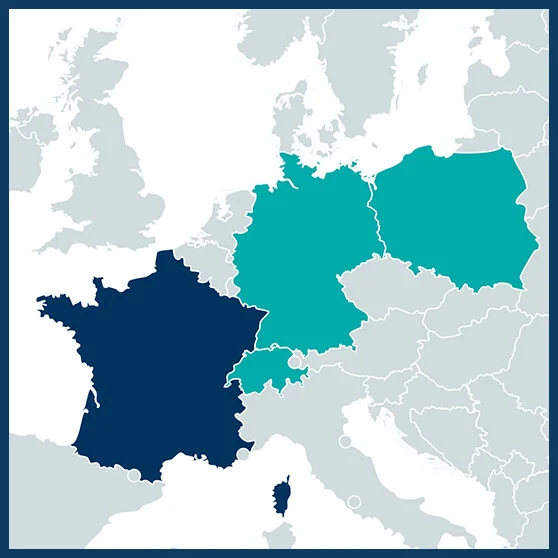15/01/2020 – 14/01/2023
€ 2,037,760
Dr. Adam J. Vanbergen
adam.vanbergen@inrae.fr
Coordinator: Agroecology Unit – INRAE /AgroSupDijon/Bourgogne University – Dijon – France
Bees & Environment (BPA) – INRAE – Avignon – France
Community Ecology and Ecological Modelling – Helmholtz–Centre for Environmental – Research – Halle – Germany
General Zoology, Institute for Biology, University Halle–Wittenberg – Halle – Germany
Faculty of Veterinary Medicine – Warsaw University of Life Sciences – Warsaw – Poland
Faculty of Biotechnology and Horticulture – Jagiellonian University of Krakow – Kraków – Poland
Agroecology and Environment – Agroscope – Zurich – Switzerland
Institute of Bee Health – University of Bern – Switzerland

Pollinators provide sociocultural, biological and economic values for humankind by safeguarding biodiversity and crop yields through the pollination of wild plants and flowering crops. However, pollinators face multiple threats that are affecting their health, populations and diversity. A particular threat to pollinator health comes from a potential escalation of disease risk by environmental changes that alter pollinator nutrition, abundance, species interactions and communities. VOODOO aims to address this knowledge gap by discovering how land-use (conventional intensive agriculture, rural mosaic or urban land) and alien plant species drive modifications to the availability and quality of floral resources that in turn affect the structure and dynamics of plant-pollinator-virus communities.
VOODOO will address the following research questions:
• How do plant-pollinator-virus interaction networks vary between agricultural, habitat mosaic and urban landscapes?
• Does land-use driven variation in floral resources affect pollinator interactions and virus sharing?
• How does disease manifest in known and alternative pollinator hosts and what is the role of nutritional stress?
Do different societal groups apply knowledge of pollinator disease in decision-making?
VOODOO integrates quantification of field-sampled plant-pollinator-virus communities with high-resolution molecular analysis, laboratory and field experiments, modelling, and active stakeholder engagement to generate new knowledge on the disease risk to pollinators arising from the effects of urban and agricultural land- use on floral resources (including pollen quality in collaboration with NutriB2) and pollinator foraging, in different landscapes.
VOODOO will establish a stakeholder advisory board comprising representatives from academia, policy, industry and associations. It will hold professionally facilitated multi-stakeholder workshops and dissemination events, create a web presence, and use pre-existing knowledge transfer e-tools and webinars. Interviews and workshops will be used to understand and map stakeholder perceptions of pollinator disease risk, other threats, and evaluate how perceptions change in response to new knowledge from VOODOO.